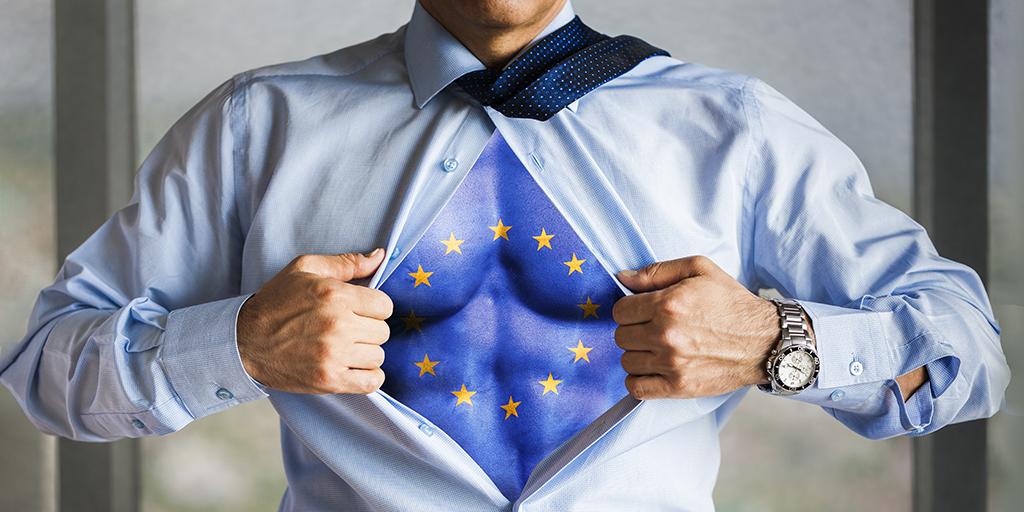
Will Europe Stand Up?
In a powerful commentary published in Politico, Gary Kasparov, former world chess champion and public advocate for democracy, and Gabrielius Landsbergis, member of the European Council on Foreign Relations and former Lithuanian foreign minister, highlighted the European Union’s current ineffectiveness on the world stage (August 3, 2025). They state that the EU we know today was founded on the principles of peace, diplomacy, incrementalism, and cooperation—thus, most of the EU’s efforts to work with its adversaries have involved trying to gently bring them to the negotiating table. However, these writers claim that this philosophy cannot work in today’s world, where dictators and extremist leaders are continually on the rise. In their opinion, incrementalism is ineffective with such rulers and “only feeds their aggression.”
“The solution,” they claim, “requires a wholesale re-envisioning of what European leadership will look like in the 21st century, in response to the new threats facing the continent.” Their vision is reflected well in the essay’s title: “Europe’s Future Depends on Confrontation, Not Compromise.” They conclude their essay by asserting, “Europe is not doomed to fail. But to survive will take the understanding that freedom is no longer free, and that all available means must be used to defend it.” In essence, they suggest that Europe begin to take a more “No more Mr. Nice Guy” approach to world affairs or face becoming irrelevant. Such a dramatic change of direction may force the EU to revisit the “two-speed Europe” idea that has been bantered about for so long.
What is the future of Europe? Will it continue to flounder politically, or will there be a drastic shift that causes it to face the changing world with confidence and determination? The Bible actually reveals the answer! You can learn more about that answer by reading or listening to “Europe’s Time Has Come.”



